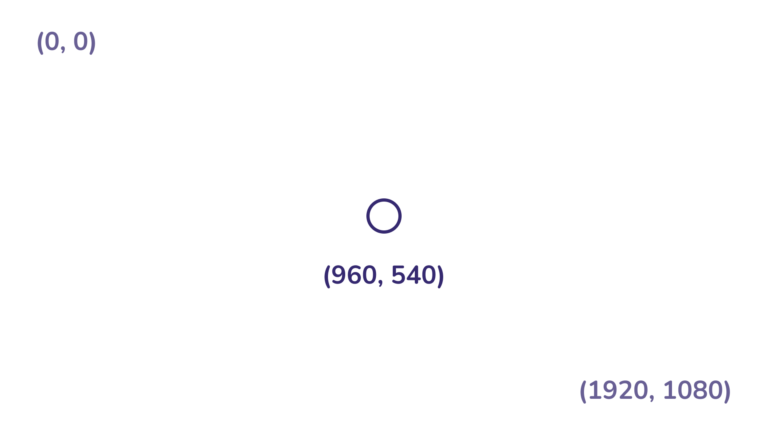A community-based healthcare organization finds insights from the COVID-19 pandemic as clinicians use data to engage and support vulnerable members. Modern technology can help put human compassion front and center.

At Commonwealth Care Alliance (CCA), we are pioneering the necessary convergence of data and compassion in healthcare. We recognize that we must employ more than data-driven decision-making; we must be both data-informed and compassion-guided.
getty
I completed my internal medicine residency at a large urban hospital system in Boston, Massachusetts. One particularly challenging day, I worked hard to arrange in-hospital dialysis for a patient—only to find out later that day that he left the hospital against medical advice and without receiving dialysis.
His reason for leaving was a complicated yet common social situation. Later, during rounds, I voiced my frustration about this patient’s actions. “He made the wrong choice,” I said. My attending (supervising) physician stopped mid-stride and said, “No, Vick. He made the choice that’s right for him.” My attending physician calmly explained, “This isn’t about you and your frustration; have the courage to admit this will never be about you. This is about him and his life.” At the time, most of my 20 years of formal education had been about me: my work as a physician, striving to execute the treatment plan as I saw best for my patients.
That day I learned a critical lesson that broadened my perspective on patient needs: Medical knowledge, data, lab tests, and more are incredibly informative and meaningful when guided by compassion for the whole person who needs care. That lesson has stayed with me from residency to my current role at Commonwealth Care Alliance (CCA), where I oversee the application of data science, data engineering, and data-driven decision-making to improve the care that our patients receive.
Data-informed and compassion-guided healthcare during the COVID-19 pandemic
CCA is a community-based healthcare organization that’s nationally recognized as a leader in providing care for high-cost, high-need individuals who are dually eligible for Medicare and Medicaid, including individuals with disabilities. These individuals live with a broad range of complex medical, behavioral, and social needs, which leads to high rates of marginalization and vulnerability. CCA provides services to nearly 40,000 members in Massachusetts for a range of services, including medical care, behavioral-health care, providing durable medical equipment, transportation, and social services and supports.
We want our data to serve as a primary vehicle for decision-making and learning, our experience and intuition to provide context, and our compassion to occupy the driver’s seat.
At CCA, we are pioneering the necessary convergence of data and compassion in healthcare. We recognize that we must employ more than data-driven decision-making; we must be both data-informed and compassion-guided. We define “data-informed” as the combined use of data, experience, and intuition (each with their strengths and weaknesses) to make the best possible choices for a situation despite its complexities. In other words, we want our data to serve as a primary vehicle for decision-making and learning, our experience and intuition to provide context, and our compassion to occupy the driver’s seat.
The COVID-19 pandemic provided us with a practical example unlike any other scenario. It put stress on all the usual societal supports in Massachusetts (and elsewhere) and magnified the vulnerability of every individual. About 30% of our members are at high risk of complications or death from COVID-19. From our experience, we knew our members would need enhanced support during the pandemic. Our data-informed approach ensured we were aware—sooner and more accurately—about each individual’s risks and needs, as well as about disruptions to existing community support. Our approach allowed us to proactively engage with our members to keep them safe (for example, avoid hospitalizations, obtain essential medications and home oxygen) and supported (for example, relieve them of the sense of social isolation or fear).
Could we build the first platform to scale compassion and value-based healthcare?
We were already building a data platform to support and accelerate CCA’s mission. We had gratefully drawn inspiration from outside of healthcare to design and build a modern solution to meet our needs. Then the COVID-19 pandemic arrived and accelerated our need for such a platform—as seen in CCA members’ needs. Our organizational response revealed the profound benefit provided when data is combined with compassion in healthcare. With essential data easily available, we were freed up to think more holistically and with compassion about our members’ needs. We saw their needs more clearly and how many of them needed support—for example, about 25% of members did not have another person or organization to help keep them safe and supported.
On average, a CCA clinician consults data nearly 60 times a minute during the working day.
The urgency of COVID-19 accelerated our understanding of how data can improve interactions and overall care. The use of data broadened our compassion; it did not detract from it. Our experience reinforced that you build up the ability to quickly iterate from being wrong to finally get it right. And the technology and data must allow for that. We did not need to “pivot” our data platform; the design and technology allowed clinicians and care managers to rapidly receive tailored and instantly updated information to help them prioritize outreach based on quickly shifting factors. This experience reinforced our transformation to a data-informed, compassion-guided healthcare organization; on average a CCA clinician consults data nearly 60 times a minute during the working day. We anticipate that we will continue to lean upon data to serve our members during the potential combination of influenza and COVID-19.
As a servant-leader, caregiver, and builder, I think it’s beautiful to use the best technologies (such as Looker and Google Cloud) to care for the most vulnerable individuals, especially in times of great need. I see the profound benefit of a system that would learn and scale holistic, compassionate, value-based care. Designing data and systems around human needs and compassion (that is, human-centered) lets us make sense of volumes of data so we can care for people who live complex lives.
Without good use of data, we risk only seeing what we already know (or think we know) and reinforcing existing disparities or poor outcomes. Ideally, the technology powering the care we offer should fade into the background, like GPS now does as we’re driving or walking. When essential data is easily available, the data and tools themselves fade into the background; data simply becomes part of the context of doing our jobs and serving people who are vulnerable.
Keep learning: Does the key to business transformation start with a data-driven culture? Read this whitepaper to learn how to foster a culture that improves agility, intelligence, insights, and trust. And join the author during his session at JOIN@Home.
The author of this article would also like to share these additional resources that inspired and shaped his personal views on this subject: DataKitchen, Sequoia Data Science, Airbnb Engineering and Data Science, and Max Beauchemin on Medium.







